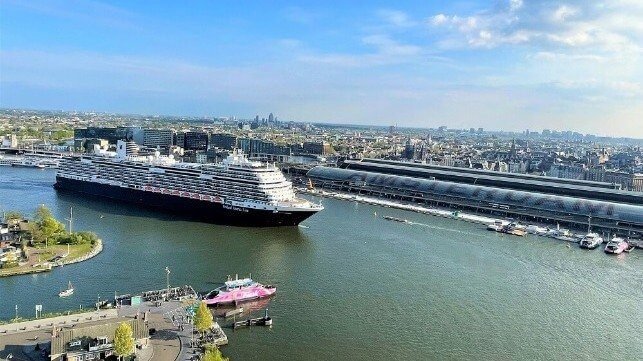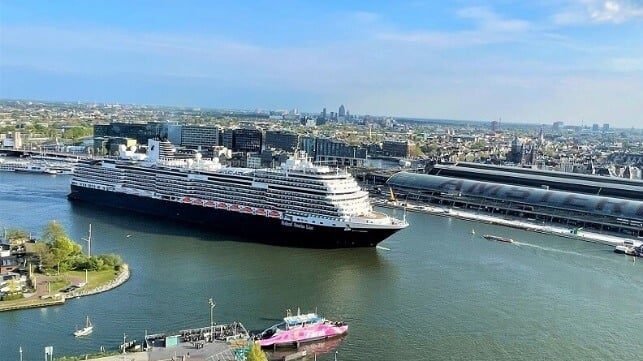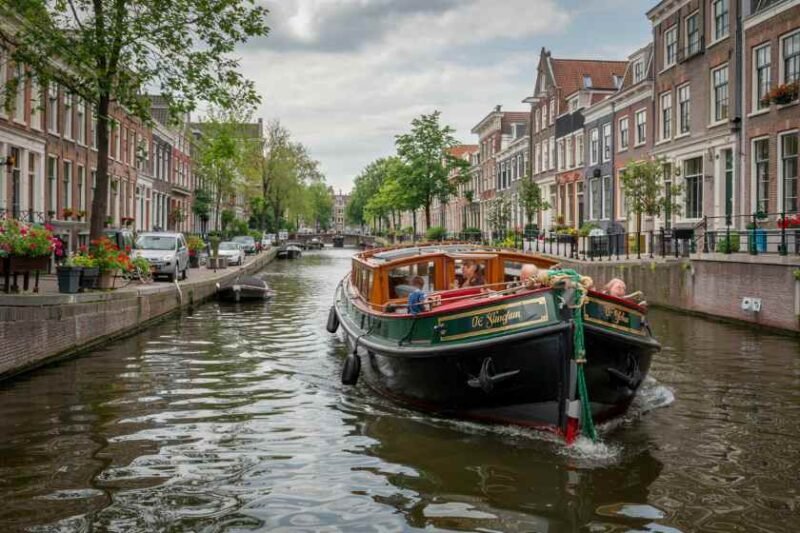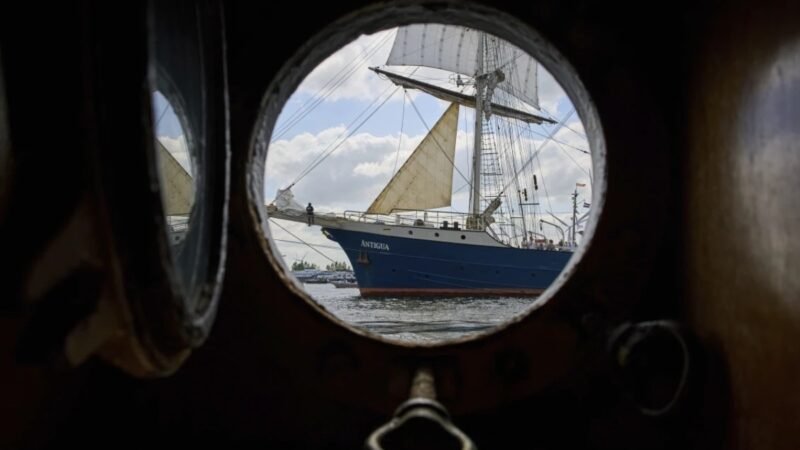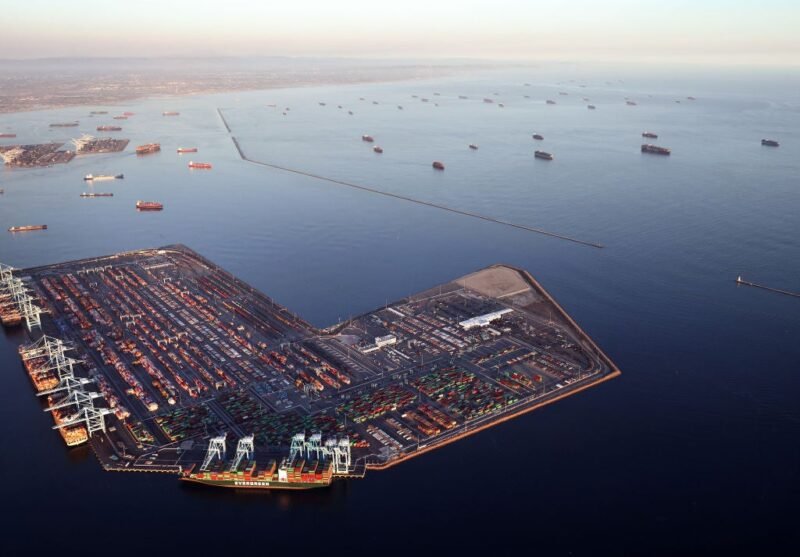The city of Amsterdam in the Netherlands has recently finalized an agreement to begin restricting the number of cruise ship calls at its port starting in 2026. This decision is part of a broader strategy to eventually eliminate the cruise terminal from the city and better manage the influx of tourists. The move to reduce cruise ship visits gained traction nearly a year ago in Amsterdam, following initial proposals by local leaders in 2016. The city, known for its picturesque canals, has been experiencing issues such as noise, air pollution, and congestion due to the growing number of tourists in recent years.
According to the Amsterdam municipal council, the Passengers Terminal Amsterdam (PTA) will now be limited to a single berth daily, with plans to cap the annual number of cruise calls at 100 by 2026. Additionally, all cruise ships visiting the port will be required to use shore power by 2027. The council also voted to halve the number of river cruise ships calling in Amsterdam. These measures align with the city’s goal to phase out the cruise terminal and implement a comprehensive set of actions to control tourism growth and address related challenges.
City officials are anticipating potential financial implications from the restrictions, including reduced spending by sea cruise passengers and shipping companies, as well as a decrease in tourist tax revenue and Port Authority income. In collaboration with relevant stakeholders, Amsterdam is conducting a feasibility study to explore relocating the PTA to Coenhaven, with a target to remove the terminal from its current location by 2035. While some cruise ships have already adjusted their schedules or shifted operations to Coenhaven, passengers have raised concerns about accessibility to the city center, prompting cruise lines to provide transportation services from the industrial area. Amsterdam’s decision to limit cruise ship visits reflects a broader global trend, with cities like Barcelona also taking steps to relocate cruise ships away from city centers to address environmental and tourism management challenges.


